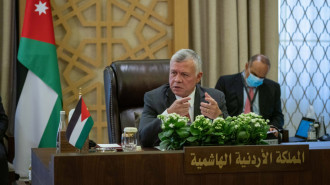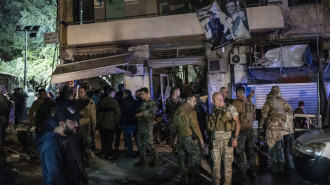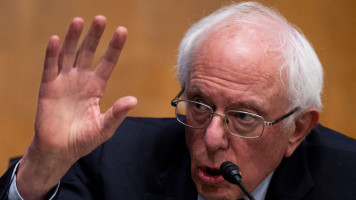Australia 'wont take risk' of repatriating IS-linked citizens
Australia on Thursday refused to repatriate presumed members of the Islamic State group, making it the latest Western country to resist returning its citizens as the battle with the jihadi group draws to a close in Syria.
Australian officials will not be put in danger in order to retrieve IS members from the Middle East, Prime Minister Scott Morrison said, echoing official claims that the UK would not put officials in danger to repatriate IS member Shamima Begum's baby, a British citizen who was confirmed dead last week.
Morrison's comments came after an Australian IS widow called on the county to allow her to bring her children home from a Syrian refugee camp.
The woman, identified on Thursday as Zehra Duman, said her daughter needs hospital treatment.
"Nobody really cares about us here, and I understand the anger that they have toward a lot of us here," the woman told ABC.
"But the kids don't need to suffer."
The prime minister explained that Australians traveling to war zones with their families in tow must take responsibility for their actions.
"The great tragedy of those who went and joined up with terrorists - to support terrorist causes through Daesh and have taken their families into warzones where they're basically fighting against Australia - is they have placed their children in this horrendous position," Morrison said.
"I'm not going to put any Australian at risk to try to extract people from those situations."
The Australian government could no longer use perceived risk as an excuse for refusing to repatriate IS members and their families, Deakin University security expert Greg Parton told AP.
"Care would need to be taken bringing her back, but it's entirely do-able," he said, explaining that the excuse had held up in the past when the Islamic State group still controlled vast swathes of territory in Syria.
Syria's IS presence is now down to a few hundred fighters in a small pocket of territory in Eastern Syria, who are resisting an offensive by the US-allied Syrian Democratic Forces (SDF) to reclaim the land.
Many Western countries have been reluctant to repatriate IS-linked citizens, fearing an inability to collect sufficient evidence that would prove them guilty of crimes in local courts.
Australia has not faced that same dilemma since 2014, when the government adopted a new law which criminalises having been present in IS-held territory in Syria and Iraq.
While no one has yet been prosecuted under the law, Australians found guilty of the new law would face 10 years in prison.
Morrison has refused to repatriate Duman and her children for political expediency, Barton claimed, explaining that bringing the family to Australia would make the prime minister unpopular in the country's May elections.
Opposition leader Bill Shorten, whom opinion polls suggest is likely to become prime minister after the elections, said his party would work to repatriate Australian children from Syria without "political point-scoring".
"We'll work it through. Do you separate kids from their parents? Who's going to look after them?" he said.
Duman has previously said on social media that her Turkish-Australian family in Melbourne in 2014 to follow IS fighter Mahmoud Abdullatif, who had left months earlier, to Raqqa, the de-facto IS capital.
The couple were married that year, although Abdullatif died five weeks after the wedding.
The widow became an avid online recruiter for the extremist group, urging other women to join her, and previously claimed she did not miss Australia.

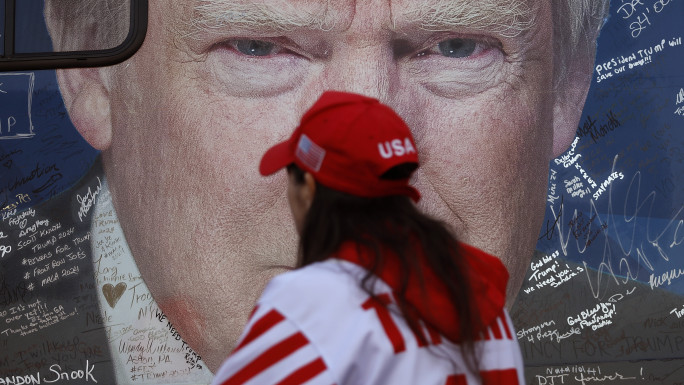
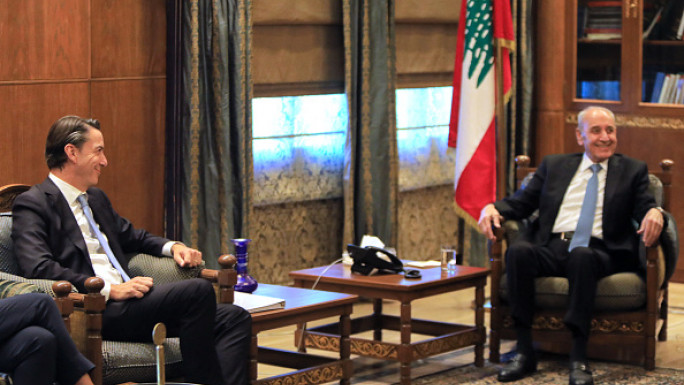
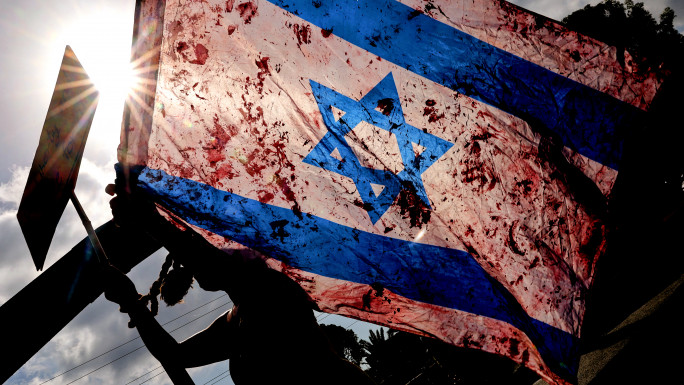
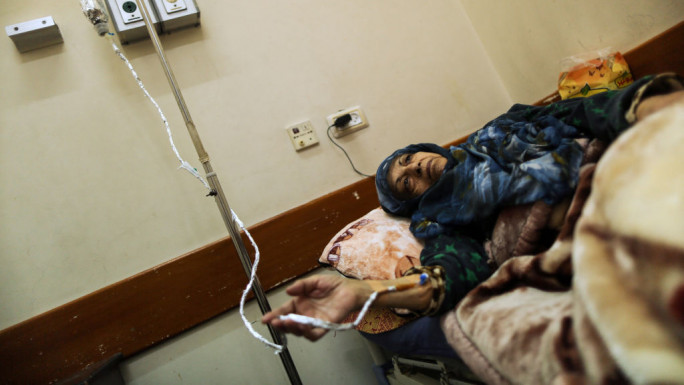
 Follow the Middle East's top stories in English at The New Arab on Google News
Follow the Middle East's top stories in English at The New Arab on Google News
